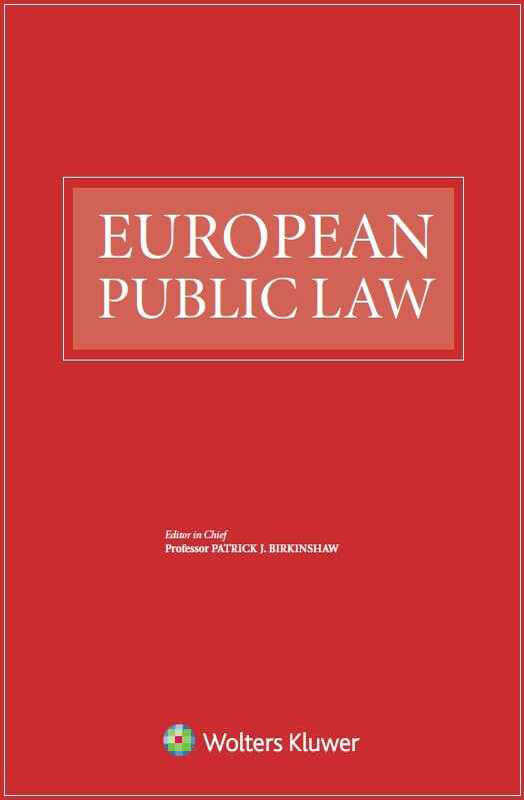Home > All journals > European Public Law > 13(2) >

$15.00 - Rental (PDF) *
$29.00 - Article (PDF) *
Sophie Boyron
European Public Law
Volume 13, Issue 2 (2007) pp. 263 – 288
https://doi.org/10.54648/euro2007015
Abstract
In the three countries surveyed, England, France and Germany, commentators have expressed misgivings regarding the transformations that are occurring in administrative law. This article tries to design and test a comparative method to understand these evolutions and meet the demands of administrative lawyers. By resorting to a micro-analysis of mediation in the resolution of administrative law disputes, it is possible to identify and analyze a number of parallel evolutionary trends. If successful, this method could then be applied to other key areas of administrative law. In doing so, the research will uncover the dynamics and the implications of this process of deep change.
Extract
